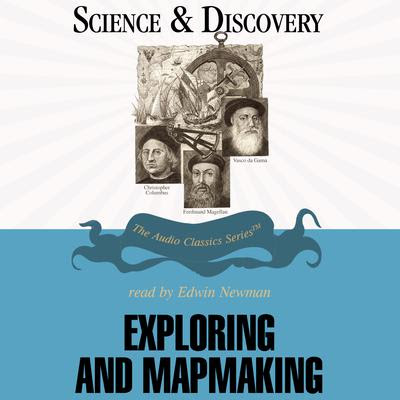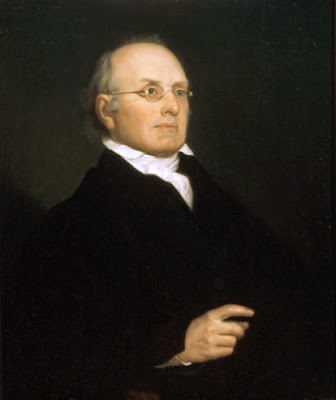“If I have seen further it is by standing on the shoulders of giants.”
– Isaac Newton, in a letter to Robert Hooke on 5 February 1675
Sir Isaac Newton revolutionized how human beings see the world … and the universe. He may have been the most influential scientist of all time. It is said that Albert Einstein kept a picture of Newton on his “study wall,” alongside his other pictures of Michael Faraday and James Clerk Maxwell. But in Newton’s time, the word “scientist” did not exist yet, nor did the phrase “natural science.” Instead, the subject was described as “natural philosophy,” making Newton into a “natural philosopher.” In modern philosophical terms, Newton would be in the empirical tradition, although he showed the influence of some Continental Rationalists like René Descartes as well.












































